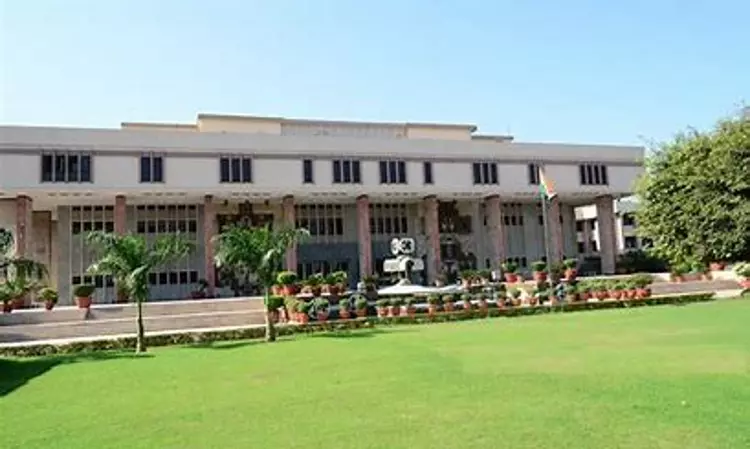No Right To Regularization For Casual Workers Without Proper Recruitment Process: Delhi HC
Pranav Kumar
25 Oct 2024 4:30 PM IST

Next Story
25 Oct 2024 4:30 PM IST
Delhi High Court: A Single Judge Bench of Justice Chandra Dhari Singh ruled on petitions involving a PNB temporary worker's termination and regularization claims. The court upheld the Industrial Tribunal's finding of illegal termination but modified the relief from reinstatement to monetary compensation of Rs. 2.5 lakh. The court rejected the worker's regularization claim, citing...
